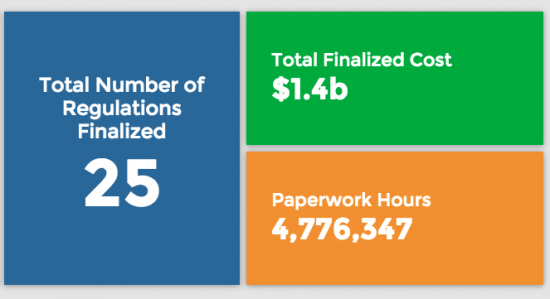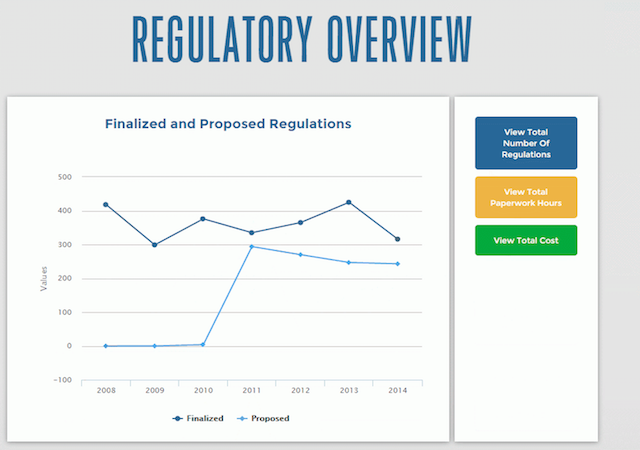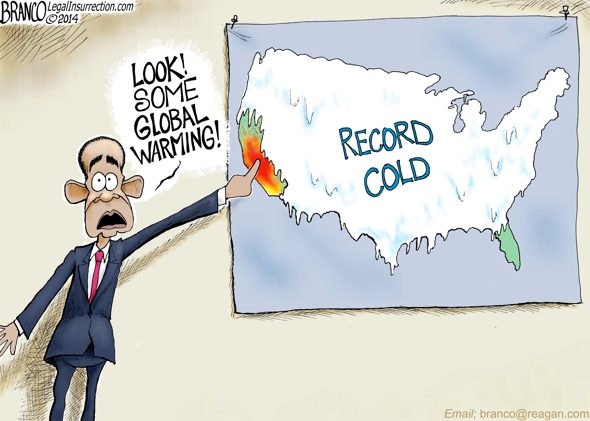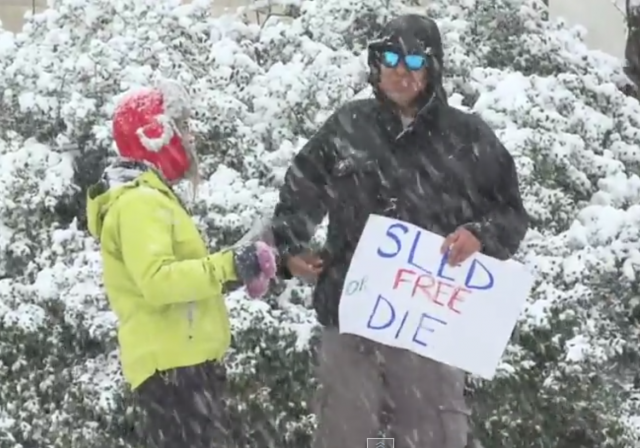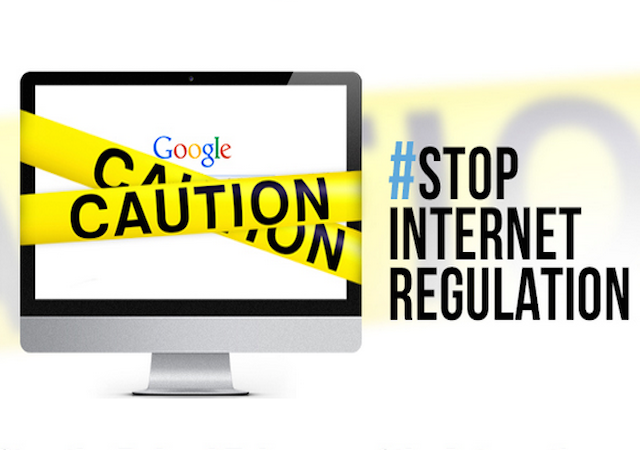New online tool makes regulation monitoring easy
on March 21, 2015
0 Comments
Since 2008, the federal government has finalized over 2500 regulations.
Those regulations required over 500 million hours of paperwork hours, and ring in to the tune of almost 734 billion dollars in total cost.
That's a lot of agency-based lawmaking. How is the average American supposed to navigate all that? A new tool just released by the American Action Forum is here to help!
AAF's "Regulation Rodeo" is a searchable, customizable, and interactive tool that lets you locate, evaluate, and learn more about all rulemakings (that means regulations that impose a private-sector burden, intergovernmental cost, or paperwork burden) published in the Federal Register since 2008. Results are displayed in colorful "infographic" form, and contain links to the Federal Register if you want more information about a specific rule.
How does it work? Glad you asked. I decided to find out how much of our money the Department of Defense has spent via rulemaking since 2008.
I plug and chug, and the first thing that pops up is a basic overview telling me that, while the DoD hasn't passed that many regulations, they've spent quite a bit of my money:
